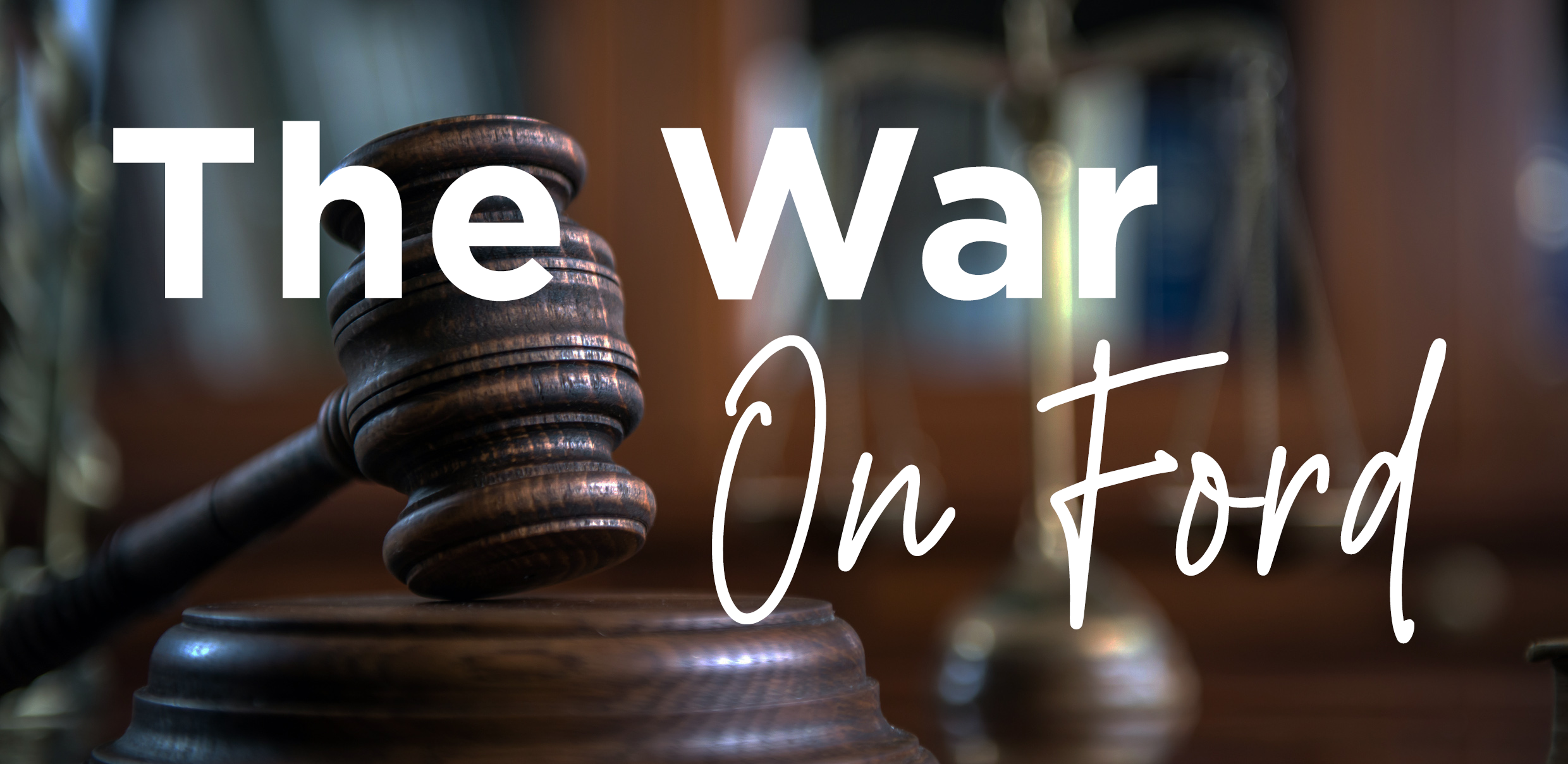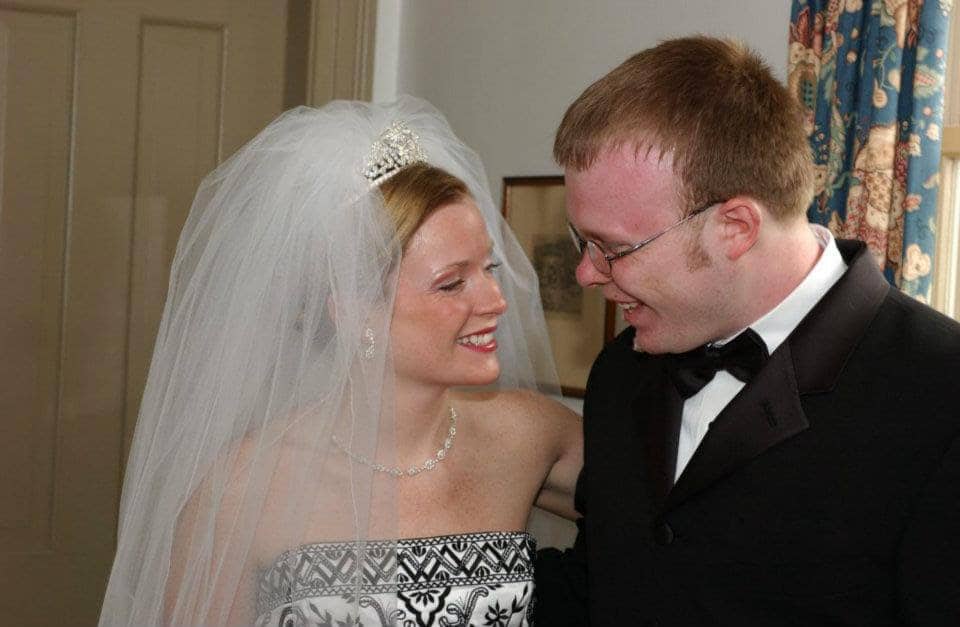Henry Ford. An anarchist. An ignorant pacifist. That’s what they said.
A great American industrialist was under attack. The year was 1916, and the Chicago Tribune had just published a scathing editorial accusing Henry Ford of being disloyal to his country and a man of no common sense.
As you might guess, Ford was not pleased. He sued the paper. When it came time for the auto magnate to take the stand, the newspaper’s lawyers were ruthless, haranguing Ford with questions about American history.
Why the war on Ford?
They were attempting to demonstrate his ignorance and lack of patriotism.
“Who was Benedict Arnold? How many soldiers did the British send over in the 1776 Revolution?” Ford didn’t know. He was not a highly educated man.
Ford was dangerously smart.
After a barrage of questions he could not answer, Ford dropped the bomb by responding,
“If I should really want to answer the foolish questions you have just asked, let me remind you that I have a row of electric push-buttons on my desk, and by pushing the right button, I can summon to my aid men who can answer any question you have.
Now, will you kindly tell me why I should clutter up my mind with general knowledge when I have people around me who can supply the information I require?”
The newspaper’s attorneys sat dumbfounded. Ford dismantled their case with the ultimate business certitude: you don’t have to know everything, simply surround yourself with people who do.
This insightful tidbit of entrepreneurial wisdom is found in Napoleon Hill’s classic 1938 book, “Think and Grow Rich.” After 25 years of research on over 500 millionaires, Hill lays out 13 key principles that lead to success. They range from imagination to auto-suggestion, to the mystery of sexual transmutation.
Ford was resourceful.
The story about Henry Ford illustrates the importance of spending your time gaining deep, specialized knowledge in the areas that make you money, and then surrounding yourself with a collective intelligence network: the people who know everything else.
In other words, don’t worry about learning less vital information that can be easily accessed by picking up the phone or a quick online search.
Did Ford win the lawsuit? Are you curious about what happened? Did the Chicago Tribune libel Ford?
Yes, indeed. After a 14-week trial and a half million dollars in legal fees (in 1916!), the jury found in favor of Ford. The damage award? Six cents.
The worst settlement is often better than the best lawsuit.












